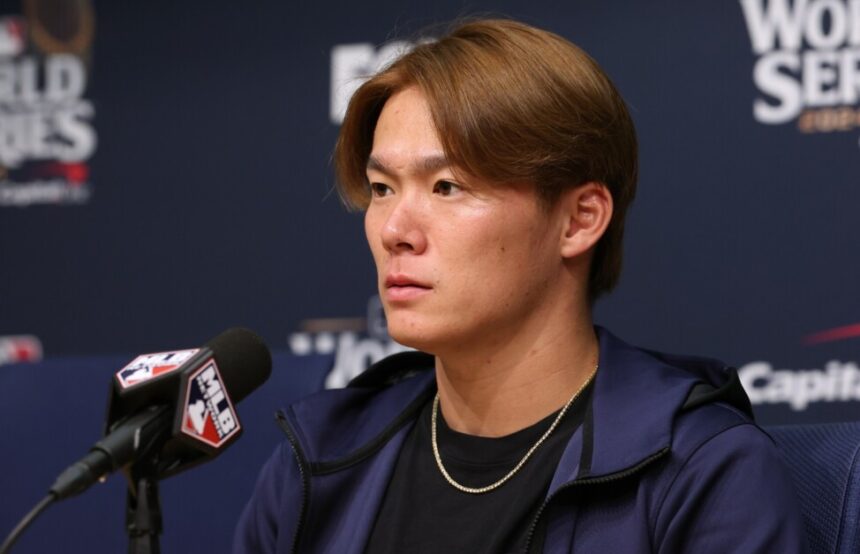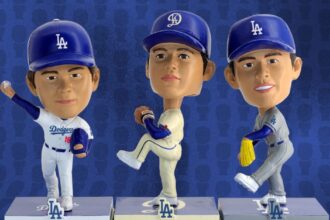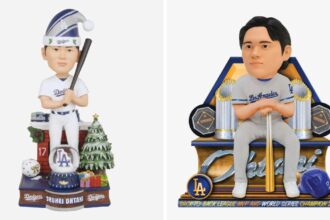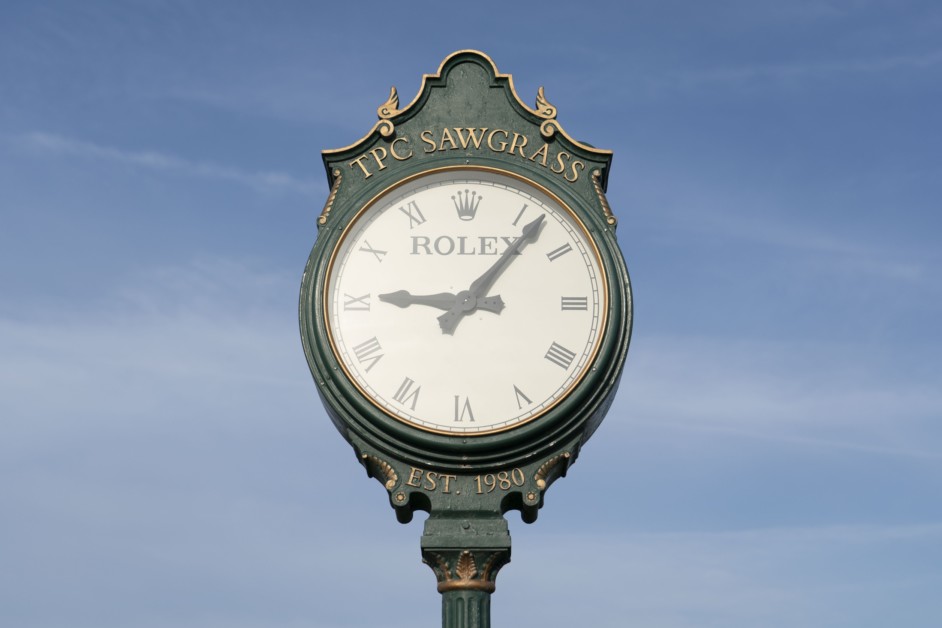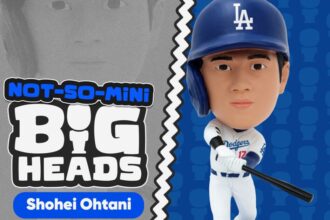Japanese baseball enthusiasts have transformed their allegiance toward the Boys in Blue with unprecedented fervor. Merchandise sales soared 24% above their 2020 championship numbers, while Japan emerged as the second-largest market for Dodgers championship gear worldwide.
As you know, baseball’s global pull resembles a high-low card game – sometimes you draw the perfect hand, while other times Lady Luck deals differently. Yet the Los Angeles Dodgers consistently play their cards right, especially regarding their Japanese market strategy.
Such dramatic shifts in fan loyalty rarely happen by chance. The Dodgers’ calculated approach toward becoming Japan’s premier MLB franchise stems from decades of thoughtful relationship building. Their strategic moves parallel the methodical nature of successful sports franchises that understand global market dynamics.
What makes this transformation particularly fascinating is that the upcoming Tokyo series represents more than mere regular-season games—it symbolizes a cultural bridge strengthened through calculated risks and smart investments. Through shrewd business decisions and roster moves that resonate deeply with Japanese baseball culture, the Dodgers have masterfully positioned themselves at the intersection of tradition and innovation.
In this article, we’ll explore how this Eastern promise might reshape not just the Dodgers’ future but potentially alter Major League Baseball’s global trajectory.
Rising sun, rising stakes
When March 18th dawns at Tokyo Dome next season, baseball fans worldwide will witness something extraordinary. The Dodgers enter this historic series carrying +400 World Series odds – marking them as the first preseason favorite destined to clinch victory since 2016.
Yet before the official matchups against the Cubs commence, our attention turns toward fascinating exhibition games. The Dodgers face legendary Japanese clubs, the Hanshin Tigers and the Yomiuri Giants, on March 15-16. These warmup contests offer more than mere preparation; they provide crucial insights into how our squad adapts to different playing conditions.
You might wonder about performance impacts across time zones. Players must navigate a 17-hour time difference while adjusting to unique Japanese ballpark dimensions. Such factors create intriguing betting scenarios, especially during these early-season games, when traditional statistics often prove less reliable predictors.
Japanese baseball culture adds another fascinating layer to consider. Their approach emphasizes precision technical excellence plus meticulous attention to detail. Observe during the exhibition games – you’ll notice subtle differences in pitching rhythms, fielding positions, and crowd reactions. These nuances affect both team dynamics and betting markets.
The scheduling presents both challenges and opportunities. Players arriving nearly a week before opening day demonstrate smart planning, though adaptation remains crucial. Success demands more than physical preparation; mental fortitude proves equally vital when competing in baseball’s most passionate international venue.
Star Power Meets Market Power
Let’s reflect on a remarkable transformation that started with Hideo Nomo’s arrival in 1995. His impact created such pandemonium that Dodger Stadium needed an auxiliary press box just to accommodate the surge of media coverage. That foundation laid the groundwork for today’s unprecedented Japanese market penetration.
Consider our current reality: Shohei Ohtani’s jersey sales have surpassed those of global icons like Lionel Messi and Cristiano Ronaldo. This achievement speaks volumes about baseball’s evolving global appeal. Your morning news in Japan now features daily Dodgers coverage across every channel every evening.
The depth of star power goes beyond individual achievements. Our roster boasts four of MLB’s top-selling jerseys—Ohtani leads the pack, followed by Mookie Betts, while Freddie Freeman and Clayton Kershaw round out the elite group. This dominance mirrors the team’s calculated strategy to build lasting connections with Japanese fans.
Remember how cities across Japan once stopped working to watch Nomo pitch on giant public screens? Today’s phenomenon dwarfs that era. Japanese publications now preview Dodgers’ seasons with intensity matching their coverage of local teams. This shift represents more than mere fandom – it showcases baseball’s power to bridge cultural divides.
The parallels between then and now tell an fascinating story. While Nomo opened the door as baseball’s pioneering Japanese star your modern Dodgers have transformed that initial foothold into full-scale cultural embrace.
Beyond the Rising Sun
Andrew Friedman’s vision stretches far beyond mere player acquisitions. Last year, while watching Japan’s World Baseball Classic practice in Miyazaki, he observed thousands of fans wearing various MLB team jerseys. That sight sparked an ambitious plan to unite those scattered loyalties under Dodger Blue.
You might notice how this strategy builds upon the foundation Hideo Nomo established decades ago. That cultural connection never truly faded. Dodger-branded wine flows through Japanese liquor stores while baseball conversations across Tokyo center on our team’s prospects.
This momentum carries forward through strategic international play. Our Seoul Series opener against the Padres marks the ninth international opener in MLB history yet represents something larger—a concentrated push into Asian markets. Consider how this positions us: two landmark series in consecutive years establish the Dodgers as Asia’s premier MLB franchise.
The brilliance lies in creating lasting connections rather than temporary excitement. When Friedman speaks about children growing up as passionate Dodger fans who might become NPB stars, he’s describing a self-sustaining cycle. Through thoughtful relationship building, we’re witnessing the transformation of regional baseball culture into global brand loyalty.
Watch closely as this vision unfolds. While other teams chase individual talents, our organization builds bridges spanning decades and cultures. That’s not just smart business – revolutionary market development could reshape baseball’s global landscape.



